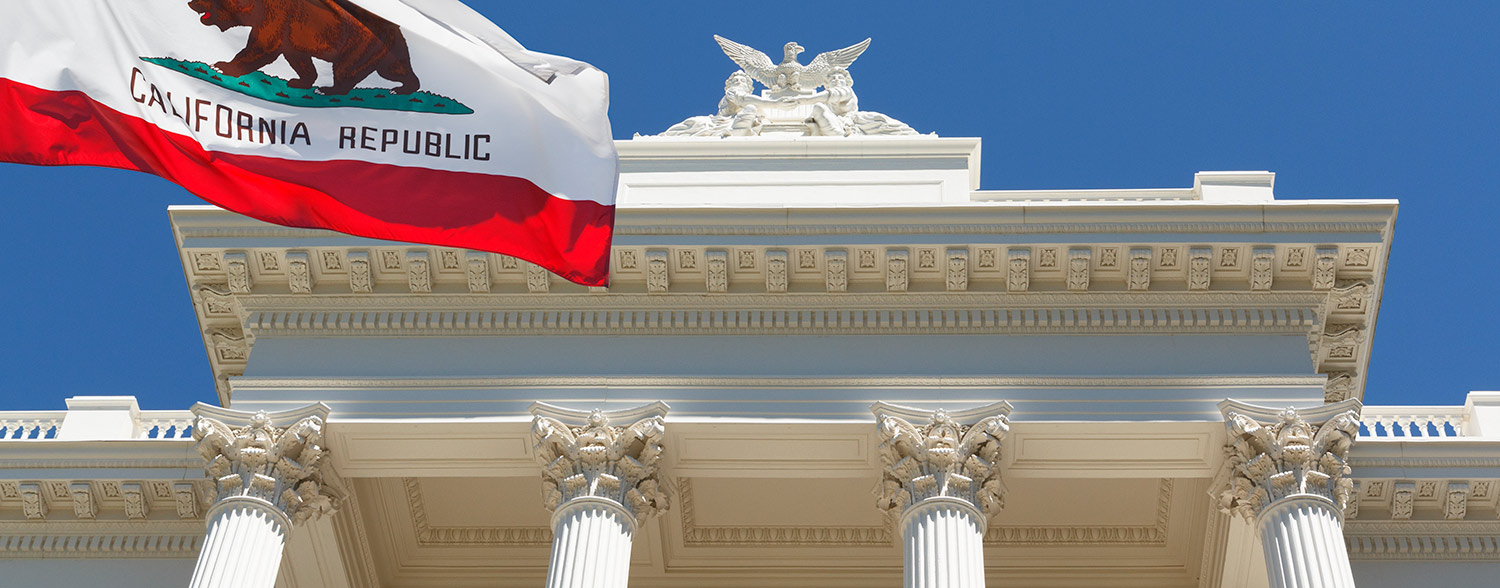
“AB 1505 remains a work in progress and we are continuing to work closely with the author on various aspects of the bill — in particular, to clearly define the authority of county boards of education in the areas of appeals and authorizing,” said Carlos Machado, CSBA legislative advocate. “While our discussions are ongoing on AB 1505, we are pleased with the direction the other charter school bills are heading.”
As originally proposed, AB 1505 would have eliminated the authority of county boards to authorize a charter school petition and the petitioner’s ability to appeal a denial. It also would have added requirements that all existing charter schools be renewed by the school district in which it is located. After input from CSBA and other groups, the bill was amended to restore county board authority to approve a petition for charter schools that serve county students. Countywide charter school authorization was also restored (the approval of the school district in which the school will be located must first be obtained) and a limited appeal process was also returned to the bill.
Aligning with a key recommendation from CSBA’s charter schools report, Uncharted Waters, these provisions within the bill would also require the petitioner to explain why the proposed education model cannot be accomplished within the school district structure of neighborhood public schools. They would also authorize a school board to deny a petition if it finds that the charter school would have a negative financial, academic or facilities impact on neighborhood public schools in the district.
CSBA has a “Support if Amended” position on AB 1505 as discussions on the bill continue, and is also closely monitoring AB 1506 (McCarty, D-Sacramento), which would set a maximum number of charter schools that would be permitted to operate in California — this “cap” would equal the total number authorized and operating as of Jan. 1, 2020. CSBA supports AB 1507 (Smith, D-Santa Clarita), a bill that would prohibit a school district from authorizing a new charter school outside of its jurisdiction and limit the number and location of charter school resource centers. CSBA also supports AB 967 (Smith), which would ensure charter school compliance with the Local Control and Accountability Plan process as it applies to all other public schools.
AB 1505, 1506 and 1507 passed the Assembly Education Committee after a lengthy hearing on April 11 and were referred to the Appropriations Committee, where AB 967 also resides as of this writing.
AB 39 (Muratsuchi, D-Torrance): AB 39, a reintroduction of AB 2808 from 2018, increases the Local Control Funding Formula base grant targets equivalent to the national average in per-pupil funding.
AB 760 (Cooper, D-Elk Grove): AB 760 would reinstate an annual cost-of-living adjustment to home-to-school transportation, and would also dedicate an amount equal to the annual COLA (3.46 percent in the current budget proposal) as part of a long-term process to equalize reimbursement rates.
AB 428 (Medina, O’Donnell et al.): AB 428 would remedy several long-standing deficiencies in California’s special education finance system, providing resources to help students with disabilities reach their full potential. Among other things, AB 428 would equalize base special education funding rates (pursuant to AB 602) to the 95th percentile and create a high-cost service allowance to provide additional funding for those with significant high-cost disabilities.
AB 1303 (O’Donnell): AB 1303 would redirect the K-12 portion of funding for Career Technical Education from the California Community College Chancellor’s Office to the California Department of Education in an effort to ensure that Career Technical Education remains a K-12-administered program; the bill also appropriates $450 million to the K-12 program.
AB 751 (O’Donnell): AB 751 would allow local educational agencies to administer an alternate assessment (i.e. the SAT or ACT) for 11th-grade students during the school day in place of the Smarter Balanced Summative Test, if the alternate is approved by the Superintendent of Public Instruction. Newly released data from Education Week shows that only 15 U.S. states will administer Smarter Balanced or similar exams in 2019 while 32 will use an alternate assessment. This bill is a reintroduction of AB 1951 from 2018, which was vetoed by Gov. Jerry Brown.
Senate Constitutional Amendment 5 (Hill, D-San Mateo and Allen, D-Santa Monica): SCA 5 proposes to amend the California Constitution to reduce the required two-thirds voter approval threshold to 55 percent to pass school district parcel taxes.